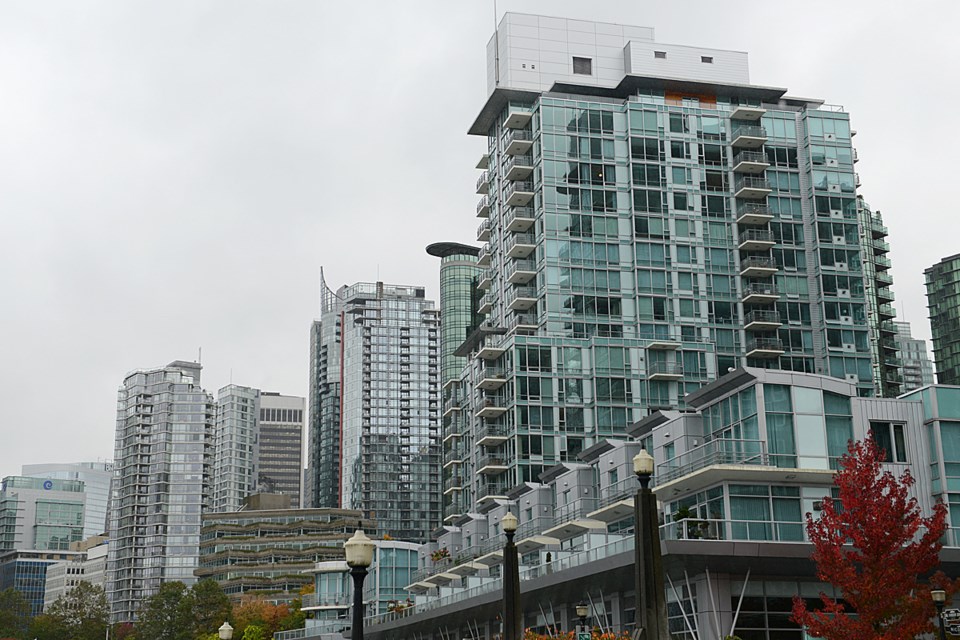One of the big issues facing all levels of government these days is clearly housing.
It’s also clear that there are several housing challenges.Ìý There’s housing the homeless, there is affordable housing for young couples wanting to purchase a first home. There is the issue of skyrocketing prices in our bigger cities.Ìý There is no one solution. It would help if the federal government got back in the game. When the last Liberal government with Paul Martin as finance minister, balancing the budget became a big issue and, in trying to balance the federal budget, Martin basically deserted the housing file and left it to provinces and cities to deal with.
Since then, the issue has become more and more critical with homelessness rising right across the country. Little market rental housing has been built, and owning a home has become more difficult even for middle class families with good incomes.
In cities such as Â鶹´«Ã½Ó³»and Victoria, people from around the world have been pushing up the price of housing and, in smaller places such as Qualicum and Comox, people are moving in from places such as North Â鶹´«Ã½Ó³»and Coquitlam. They cash in on the booming real estate by selling homes that have dramatically increased in value. By moving to the island, they can buy very nice homes for a fraction of the cost of the house they sold on the mainland and put hundreds of thousands, sometimes millions in the bank tax free.
Â鶹´«Ã½Ó³»is moving to free up city-owned land to build lower cost housing.
The province has tried to help the homeless situation by buying up many single-occupancy hotels and converting them into much more liveable spaces. The province also provides thousands of homes for low income people through B.C. Housing, but it never seems to be enough.
Rent supplements have been provided for low income people, but that never seems enough either.
The last B.C. government moved at the last minute to tax offshore buyers and, while that may have cooled the red hot market for a time, it didn’t really address affordability.ÌýÌý It just made it harder to sell a $2- or $3-million house because it reduced the number of buyers for those high-end homes.
That didn’t make a $300,000 or $400,000 home any more within reach of that first-time buyer. The government then moved to provide up to $37,500 interest free for first-time buyers on homes under $750,000. Critics say that will just increase the asking price for homes in that bracket.
Time will tell.
What we know is that unless the federal government decides to return to an issue it abandoned two decades ago, not much will happen to ease the burden on provincial and local governments or the burden on low- and middle-income families dreaming of a home they can afford.
The thought of home ownership or even reasonable rent seems more and more like a dream.
It seems in big cities such as Toronto and Vancouver, home ownership is going to be more like what we see in other international cities. It’s called living in apartments or condos, even for families with kids.
If you talk to residents in London, Paris, Sydney, Australia, New York or San Francisco, families don’t expect to buy the kinds of houses we thought about for decades. They expect to live in condominiums, kids or no kids. If that’s going to be the case here, then developers have to start building projects that welcome families, kids and pets. It can be done. Units with three and four bedrooms. More green space with more playground capacity.
We lived in Coal Harbour for 10 years and there were many families who loved the lifestyle, but there aren’t many affordable places even high in the sky in Coal Harbour. It’s clear there’s no simple and single solution to what has become one of the biggest issues for families and for governments today. In my opinion, though, the federal government has to come to the table in a significant way.
Ìý



